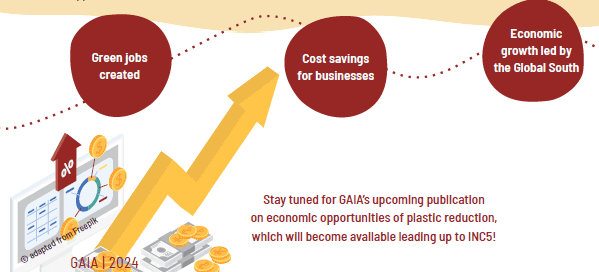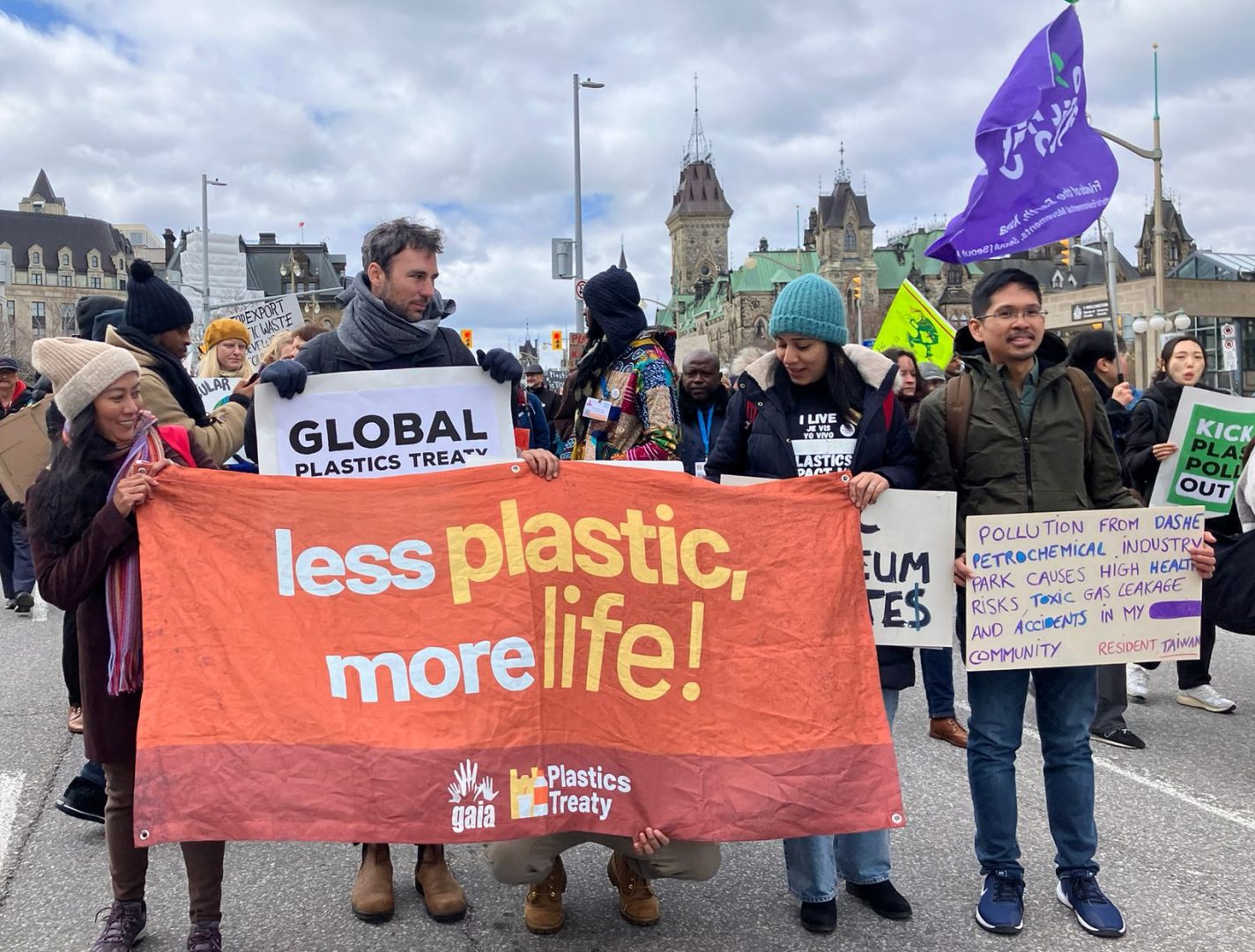El municipio de Drakenstein se encuentra dentro del distrito de Cape Winelands, en la provincia sudafricana de Western Cape. En 2011 tenía una población de 251.262 habitantes. El municipio tiene una superficie total de 1.538 kilómetros cuadrados en el valle del río Berg, al oeste de las cordilleras de Boland. Según el municipio de Drakenstein, “cada semana se atiende una media de 42.000 puntos de servicio de recogida de basura y se han eliminado 84.150 toneladas de residuos sólidos en el vertedero de residuos sólidos de Wellington”.
Los municipios sudafricanos se enfrentan a un aumento de los problemas de gestión de residuos. “El crecimiento de la población, la urbanización y el aumento de los ingresos han dado lugar a un incremento de la generación de residuos, aumentando así la presión sobre los municipios en términos de prestación de servicios e infraestructuras de gestión de residuos, incluidos los vertederos”. En medio de estos desafíos, a los municipios se les presentan a menudo falsas soluciones para abordar la crisis de la gestión de residuos, las que son soluciones solamente soluciones superficiales, que no abordan el problema en su origen. Una de estas soluciones tecnológicas rápidas es la incineración de residuos para obtener energía (WTE).




























